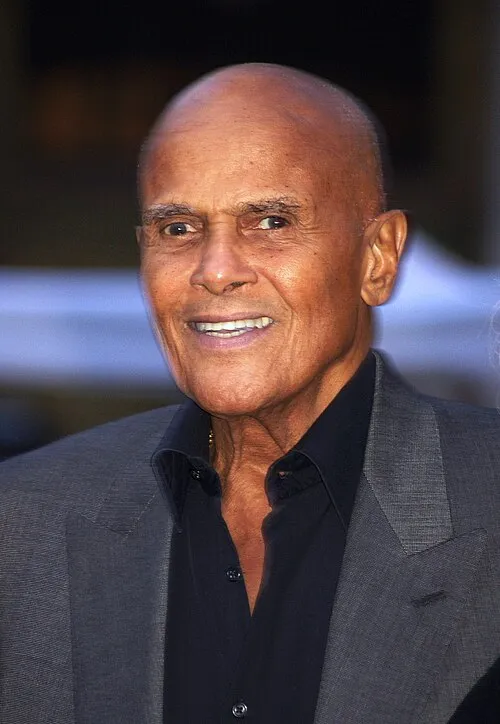In 2015, a devastating 7.8 magnitude earthquake struck Nepal, resulting in the tragic loss of at least 8,962 lives. This catastrophic natural disaster had a profound impact on the region, prompting international aid efforts and ongoing recovery initiatives.
On April 25
12
Important Days
51
Important Events
314
Births and Deaths
recorded.
Holidays and Occasions
Events
Births and Deaths

Understanding Anzac Day: A Tribute to Courage and Sacrifice
Every year on April 25, Australians, New Zealanders, and Tongans gather to commemorate Anzac Day—a day that holds profound significance in honoring the courage, sacrifice, and camaraderie of those who served in the armed forces. The term 'ANZAC' stands for the Australian and New Zealand Army Corps, which formed a crucial part of the military forces during World War I...

Freedom Day in Portugal: A Commemoration of Democracy and Peace
April 25th marks a pivotal moment in Portuguese history, known as Freedom Day (Dia da Liberdade). This national holiday commemorates the Carnation Revolution of 1974, a peaceful coup that ended nearly fifty years of dictatorship in Portugal...

Liberation Day in Italy: Historical Significance and Celebrations
Liberation Day, or Festa della Liberazione, is an important national holiday in Italy, celebrated annually on April 25th. This pivotal day commemorates the end of the Nazi occupation during World War II and the liberation of Italy from fascist rule in 1945...

Military Foundation Day in North Korea: Significance and Celebrations
Military Foundation Day, celebrated on April 25th, is one of the most significant national holidays in North Korea. This day commemorates the establishment of the Korean People's Army (KPA) in 1932 by Kim Il-sung, the country's founding leader...

Understanding World Malaria Day: A Global Call to Action
Every year, on April 25th, the world comes together to recognize World Malaria Day. This significant day serves as a reminder of the ongoing fight against one of the most devastating diseases known to humanity – malaria...

The Life and Legacy of Giovanni Battista Piamarta: A Pioneer in Education and Social Justice
Giovanni Battista Piamarta (1841-1913) was a notable Italian priest and educator, renowned for his dedication to the service of young people and his commitment to the Catholic faith. His life and work laid the foundation for significant advancements in education and social outreach, particularly within the youth of Italy...

Understanding Major Rogation: A Reflection in Western Christianity
The Major Rogation Days hold a significant place in the liturgical calendar of Western Christianity, marked by a time of prayer and reflection. Traditionally observed on the Monday, Tuesday, and Wednesday preceding Ascension Day, these days provide an opportunity for the faithful to seek God's blessings, especially in agricultural contexts...

Mark the Evangelist: His Life, Contributions, and Legacy
Mark the Evangelist, a significant figure in early Christianity, is traditionally credited as the author of the Gospel of Mark. His life and contributions have been pivotal for the Christian faith and continue to influence millions worldwide...

Discovering Maughold: A Hidden Gem in the Isle of Man
Nestled on the eastern coast of the Isle of Man, Maughold is a picturesque village that perfectly combines stunning landscapes with rich cultural heritage. Powered by its scenic views, historical sites, and warm community, it captivates visitors looking for a tranquil getaway from bustling urban life...

Saint Peter of Saint Joseph de Betancur: A Legacy of Charity and Social Justice
Saint Peter of Saint Joseph de Betancur, known for his deep commitment to social justice and the welfare of the underprivileged, is often remembered as one of the most significant religious figures in his time. Born on March 21, 1626, in the Canary Islands, Spain, he would go on to become a priest and a tireless advocate for the destitute in Guatemala, where he dedicated his life to the service of others...

Understanding Philo and Agathopodes: A Dive into Ancient Greek Literature
Philo and agathopodes are intriguing terms that emerge from classical literature, each representing unique concepts within the context of ancient Greek culture. This article will unpack their meanings, origins, and significance, providing a comprehensive overview that enriches our understanding of these terms...

Anianus of Alexandria: Architect of Early Christian Theology
Anianus of Alexandria is a historical figure often overshadowed in the annals of early Christianity, yet his contributions to the spread of Christian thought cannot be understated. Anianus, who became the bishop of Alexandria in the early 2nd century, played a pivotal role in establishing the Christian community in a city renowned for its rich intellectual and theological heritage...























